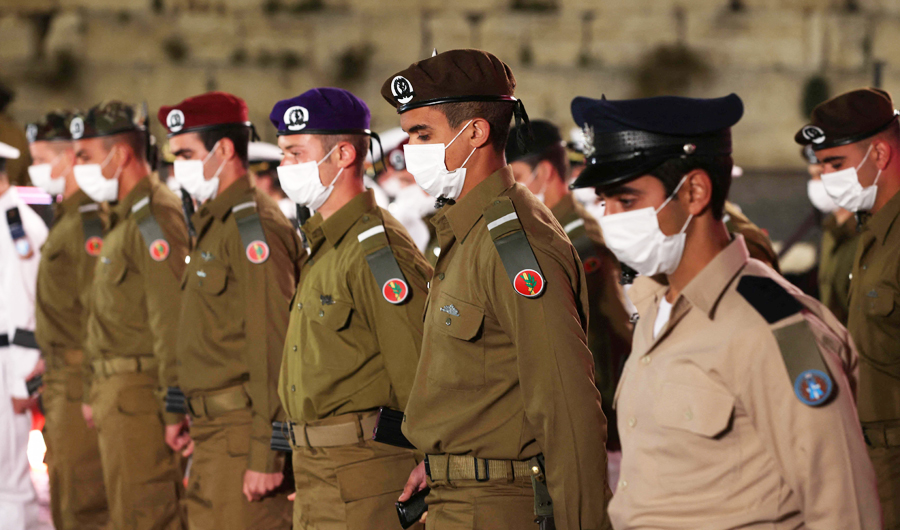GCC calls on world powers to include Gulf concerns in Iran nuclear talks
LONDON: The Iranian nuclear talks in Vienna must address the concerns and interests of Gulf countries to enhance security and stability in the region, the GCC secretary general said on Wednesday.
The comments by Nayef Al-Hajraf came in letters sent to the foreign ministers of the permanent members of the UN Security Council — the US, UK, France, china and Russia — and Germany.
The talks in Vienna are aimed at finding a way for the US to re-enter Tehran’s nuclear agreement with world powers and have Iran comply again with its limits.
Al-Hajraf said the GCC is a major contributor to strengthening the security and stability of the region, and that the negotiations currently underway in Vienna should not be limited to the Iranian nuclear program, but rather should include Iran’s destabilizing behavior, ballistic missiles, and paths.
The talks have been thrown into disarray by a weekend attack on Iran’s main Natanz nuclear enrichment site suspected to have been carried out by Israel. Tehran retaliated by announcing it would enrich uranium up to 60 percent — higher than it ever has before but still lower than weapons-grade levels of 90 percent.
The GCC chief warned that Iran’s announcement of uranium enrichment is a dangerous and worrying indicator for regional and international security.
Saudi Arabia similarly issued a statement, saying enriching at that level “could not be considered a program intended for peaceful purposes.”
Al-Hajraf also called on the “international community to shoulder its responsibilities toward this dangerous and threatening development to regional and global peace and security.”
Arab League Secretary General Ahmed Aboul Gheit said he was “deeply concerned” over Iran’s announcement of uranium enrichment, saying it is a “clear and certain step” toward developing a nuclear weapon and increases doubts about the real goals of Tehran’s nuclear program.
He also said that ongoing negotiations in Vienna should not be restricted to the nuclear aspect, but should also address the concerns of Arab countries regarding Iran’s destabilizing policies in the region and its continuous interference in their internal affairs.
(With AP)

European powers warn Iran over ‘dangerous’ uranium enrichment moveSaudi Arabia: Iran must be prevented from obtaining nuclear weapons



